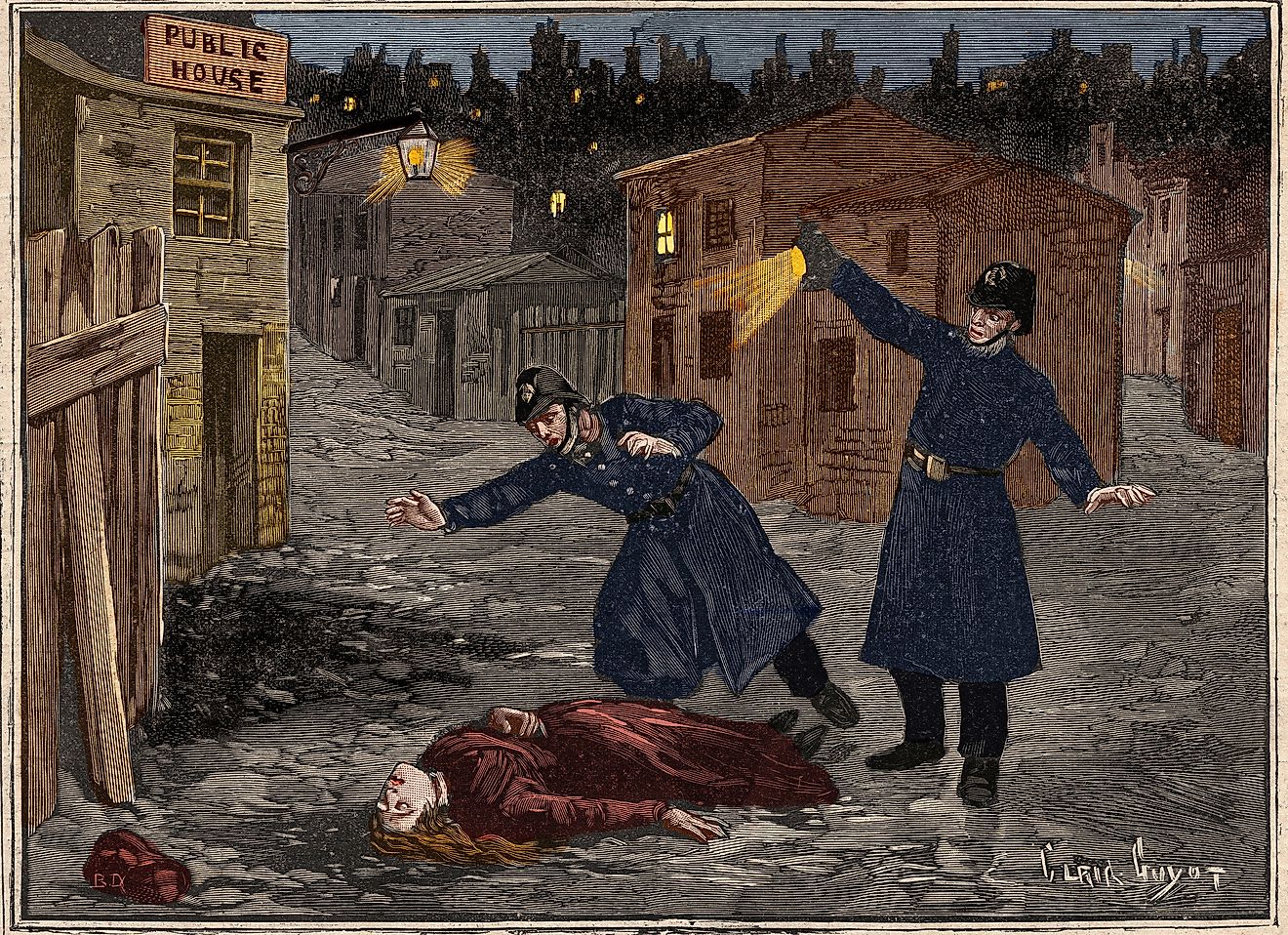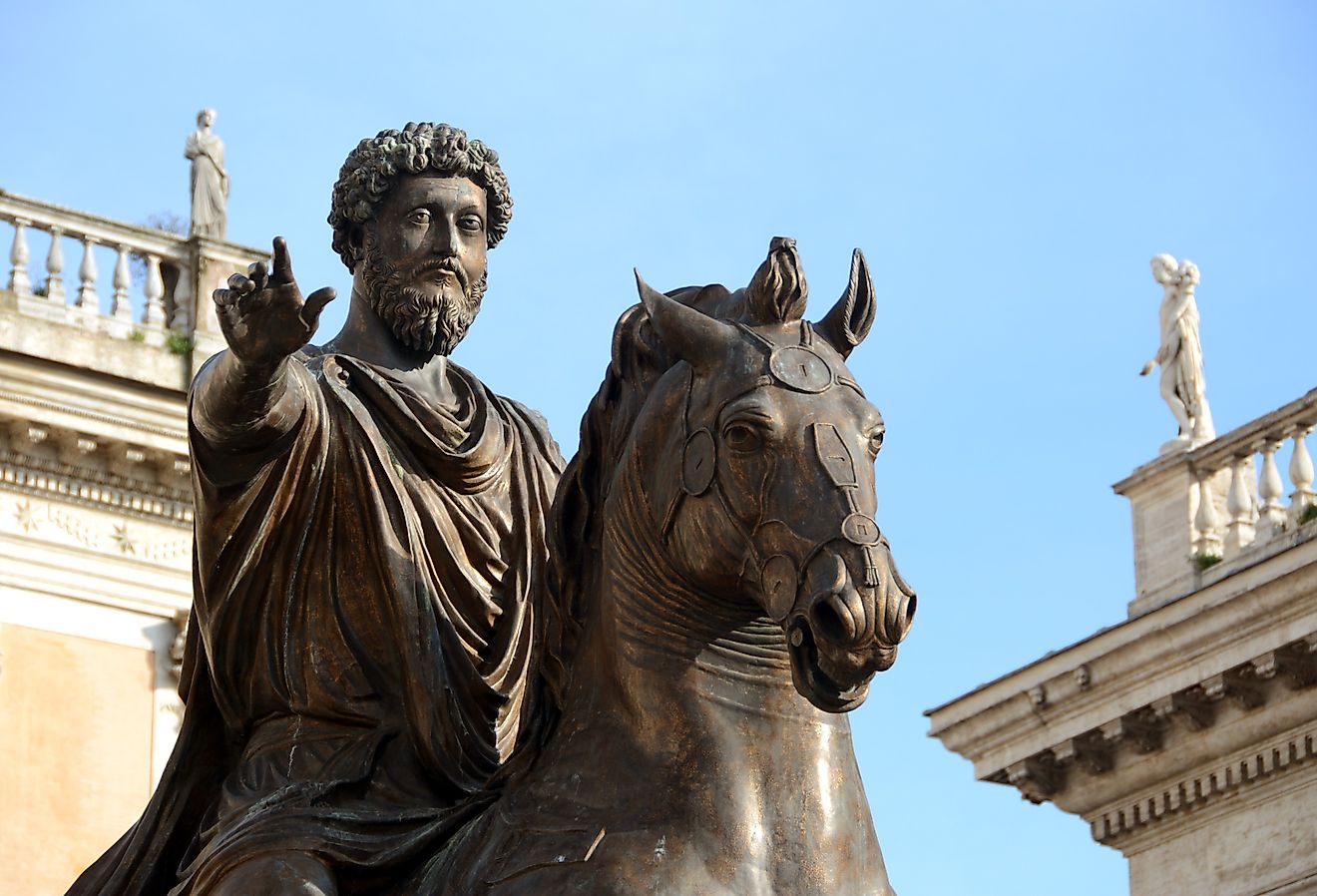
The Life and Work of Albert Camus
While Albert Camus never claimed to be a philosopher, he is one of the most celebrated authors and philosophers of the modern era. The French-Algerian writer wrote essays, plays, and novels in his life. Some of his most famous works include his book The Plague, The Stranger, and his article The Myth of the Sisyphus. While he never attended school to study philosophy, he made significant contributions to the discipline, particularly in the notion of morality. From terrorism to suicide and the death penalty, Camus's works were prolific and profound. His concept of the Absurd is well known. He maintained that life can "be lived all the better if it has no meaning.” Considering his ideas and influence, it is no wonder Camus won the Nobel Prize for literature in 1957. His work, although decades old, is still admired today.
Early Life and Background

Albert Camus was born in Mondovi, Algeria, on November 7 1913. He grew up impoverished in an already poor country. Despite these circumstances, Camus still made school his priority. He worked odd jobs to pay for his education and attended the University of Algiers.
Eventually, he had to drop out of school due to a severe attack of tuberculosis. The poverty and illness he faced growing up influenced Camus' writing. Later on, when Camus worked as a journalist for an anti-colonialist newspaper, he wrote about the conditions of poverty in Algeria.
Camus's family was Catholic, and he grew up baptized and educated in the religion. While Camus did not take to the belief, there is no denying that his religious upbringing impacted his thinking. In high school, Camus studied the bible and read about Spanish saints as well as the ideas of St. Augustine. Later, in college, Camus read Kierkegaard, Nietzsche, and Schopenhauer, with the latter two philosophers being the ones that set him down the path of atheism and defiant pessimism.
Later Life
During World War 2, Camus lived in Occupied France, where he became active in the Resistance. From 1944 to 1947, he joined the team at the newspaper Combat as editor-in-chief. Not long after, Camus received international attention for his three novels: The Stranger, The Plague, and The Fall, as well as two book-length philosophical essays, The Myth of Sisyphus and The Rebel. In these works, Camus introduced concepts such as the Absurd and the notion of Revolt. In 1957, when Camus was only 44, he received the Nobel Prize for Literature. Less than three years later, Camus unfortunately died in a car crash. However, years after his death, conspiracies developed that the Soviet Union had killed Camus. However, the theories were just that, as nothing has ever been confirmed.
The Absurd
Camus' concept of the Absurd is one of his most well-known ideas. The Absurd, as defined by Camus, is the result of tension between the presence of human consciousness, which wants order and meaning in life, and the reality that life has no rational sense. This idea is fundamental to existence, in Camus' view. While this idea can seem hopeless, when confronting the inherent meaninglessness of life, Camus came up with three solutions to the tension.
The first solution, in Camus' words, is physical suicide. When people believe their life is not worth living and have no meaning, they might turn to this option. However, Camus believes this choice to be cowardly and a renunciation of life instead of a genuine revolt. The first choice is not recommended or endorsed by Camus.
The second choice, in Camus's view, is religion. The religious solution offers a source of meaning beyond the Absurd. However, Camus refers to this option as philosophical suicide since it does not involve reason. Camus claims this solution needs to be more convincing and even fraudulent.
According to Camus, the only valid choice in response to the Absurd is the third choice, to accept and embrace absurdity while continuing to live. According to Camus, life is better with no meaning because it is freeing. You are not obligated to live in a particular way.
Major Works

Camus' idea of the Absurd was apparent in several of his works, such as The Stranger and The Plague. The philosophical views expressed in Camus' work made him well-known in philosophy. Sartre read his work and considered him less of a novelist and more of a writer of philosophical tales.
As mentioned, his famous novels include The Stranger, The Plague, and The Fall. But there is also a collection of short fiction in his work, including Exile and the Kingdom, The First Man, Caligula, The Just Assassins, and The Stage of Siege. Beyond these, he has various speeches, critical reviews, interviews, and articles from his work as a journalist.
The Stranger
Camus' novel The Stranger, sometimes known as The Outsider, follows the life of a man, Meursault, who lives in Algiers. He receives a telegram of his mother's death, and the story is about him dealing with the events that unfold. A theme throughout the book is the idea that there is no inherent purpose to human life. In the book, Camus points out that the only certainty in life is death since all human beings die. Throughout the novel, Meursault moves towards this realization, and by the end of the book, he finally grasps this. For much of the book, Meursault is indifferent to the world around him. Ultimately, he realizes the world has also been indifferent to him.
The Plague
The Plague is about what the title suggests: a plague epidemic. The book's setting is in the Algerian City of Oran, close to home for Camus. Throughout the book, the society seems to fall apart as the plague spreads and the city is quarantined. The central concept explored in the book is the idea of freedom. During quarantine, citizens lose the freedoms they had before the plague. However, some begin to question whether or not they were even free before the curse. The epidemic also causes tension between individual self-interest and social responsibility, a topic explored in the book. The Plague addresses concerns Camus has always expressed about human suffering in an indifferent world. This relates to the idea of the Absurd.
The Fall
The Fall was the last novel Camus published before he died. The novel follows Jean-Baptiste Clemence as he retells his life story to strangers over five days. Camus' previous ideas of the Absurd inspired The Fall. Camus wrote the book after the atrocities of the Second World War. There was a distance from theorizing academics and the people who experienced the real horrors of the war. This alienation of the world in the aftermath of World War 2 is a prevalent theme throughout the book.
Writer Over Philosopher

Despite the prominent philosophical concepts in Camus' novels, he never believed himself a philosopher, and considered himself a writer before anything else. At different times, he adopted other labels, such as journalist, humanist, novelist, and even moralist, but never philosopher. He even felt uncomfortable using the word. Camus associated philosophy with rigorous academic training, logical consistency, and systematic thinking, which is quite different than just writing.
While Camus might not have been a systematic thinker like Heidegger, he did make considerable contributions to the field of philosophy. Camus showed little interest in metaphysics and ontology, one of the few reasons he denied identifying as an existentialist.
Legacy of Albert Camus
Camus was an esteemed writer for his generation in Europe and worldwide. His writing addressed fundamental concepts of existence. From his idea of the Absurd to the problem of evil, the finality of death, and the alienation of the postwar intellectual, Camus made significant contributions to philosophy. While he did not identify with philosophy or existentialism, today, Camus is famous as one of the leading existentialists.
One of the most inspiring lessons to take away from Camus' philosophy is to face the modern world bravely. Camus' third response to the Absurd is to accept and embrace it. This way, we do not have the pressure of being accountable to another meaning and can choose how to live our lives. This is a concept Camus found freeing, and we should, too.
To decide what you think of Albert Camus, read one of his books. The Stranger is a great book available at most libraries and bookstores. Once you read it, maybe you, too, will believe in the Absurd.











